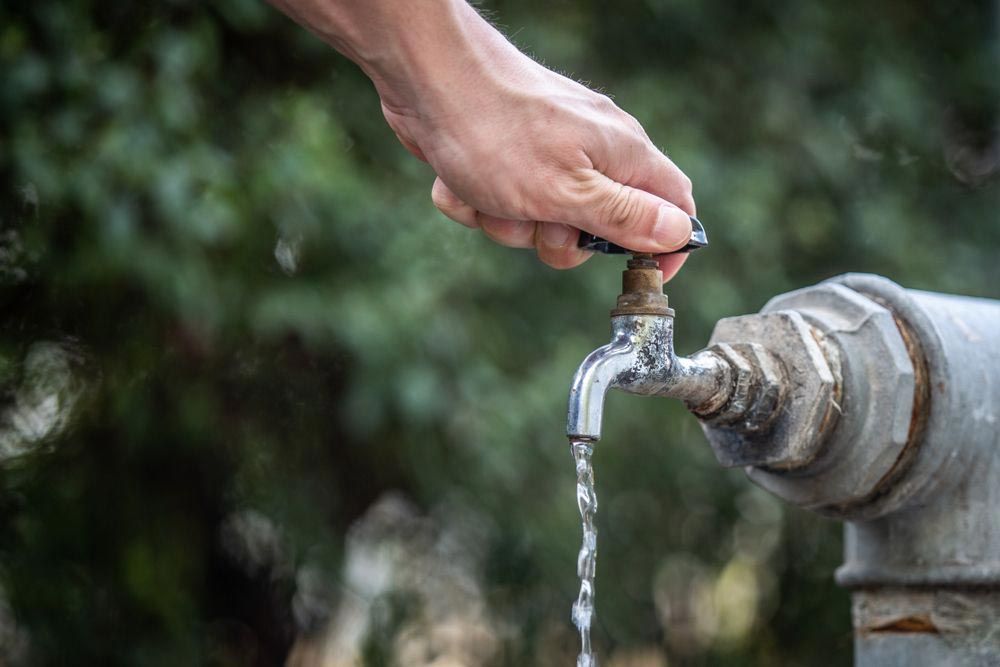7 Things To Do During A Plumbing Emergency
When water starts to pour from a pipe, toilet or tap, it's important to know what to do next. With the right knowledge and quick response, you can mitigate damage and secure your property. Below are seven steps to take during a plumbing emergency.
1. Locating and Shutting Off the Water Supply
Before anything else, you need to stop the water flow to prevent more damage. Most properties have a main water shutoff valve typically located near the water meter. Follow these steps:
- Find your water meter, often near the front boundary of your property.
- Look for a tap or lever and turn it clockwise to shut off the water supply.
This is a temporary measure until professional help arrives. This emphasises the need for you to gain basic plumbing knowledge.
2. Assess the Situation
Once the water flow is under control, take the time to evaluate the situation. This will help you convey the problem to your plumber more effectively:
- Try to identify the source of the leak.
- Check for water damage to your property.
- Take note of any other signs of trouble, such as strange odours or discolouration.
3. Call an Emergency Plumber
A plumbing emergency calls for immediate professional help. An emergency plumber is your best ally during these times. They are well equipped and trained to handle these situations swiftly and efficiently, minimising damage.
4. Mitigating Damage: Temporary Fixes Before the Plumber's Arrival
Leaking Pipes
For a leaking pipe, you can temporarily control the situation by applying waterproof tape or a pipe clamp. Remember, this is only a temporary measure until your plumber can professionally repair it.
For blocked drains, a plunger can sometimes do the trick, but never resort to chemical drain cleaners as they can cause more damage.
5. The 'Don'ts': Actions to Avoid in a Plumbing Emergency
Certain actions can actually escalate the problem and lead to further complications. Here's a list of things you should avoid:
- Don’t Ignore Leaks: Even the smallest leaks can turn into significant problems if left unattended. They can damage your property, increase your water bill and even lead to mould growth.
- Don’t Attempt Major DIY Repairs: Trying to fix a major plumbing problem on your own can lead to more damage and higher costs in the long run.
These actions can complicate the problem. So, rely on a professional plumber to manage the situation.
6. Remove Excess Water
In the event of flooding, removing as much excess water as possible can help limit further damage:
- Use towels, mops or a wet or dry vacuum if you have one.
- Remember to protect yourself, especially if the water is contaminated. Consider wearing gloves and waterproof boots.
7. Documenting the Damage
It's important to record any damage for future reference, particularly when it comes to dealing with insurance claims:
- Take clear photos or videos of the affected areas and any damaged items.
- Make a list of the damaged items along with their approximate value.
Got a Plumbing Emergency?
At GPS Plumbing, Drainage and Gasfitting, we provide 24/7 emergency plumbing services in Dubbo. Our plumbers aim to reach you promptly, prioritising the safety of your property. Don't let a plumbing problem disrupt your routine; call us for help!













